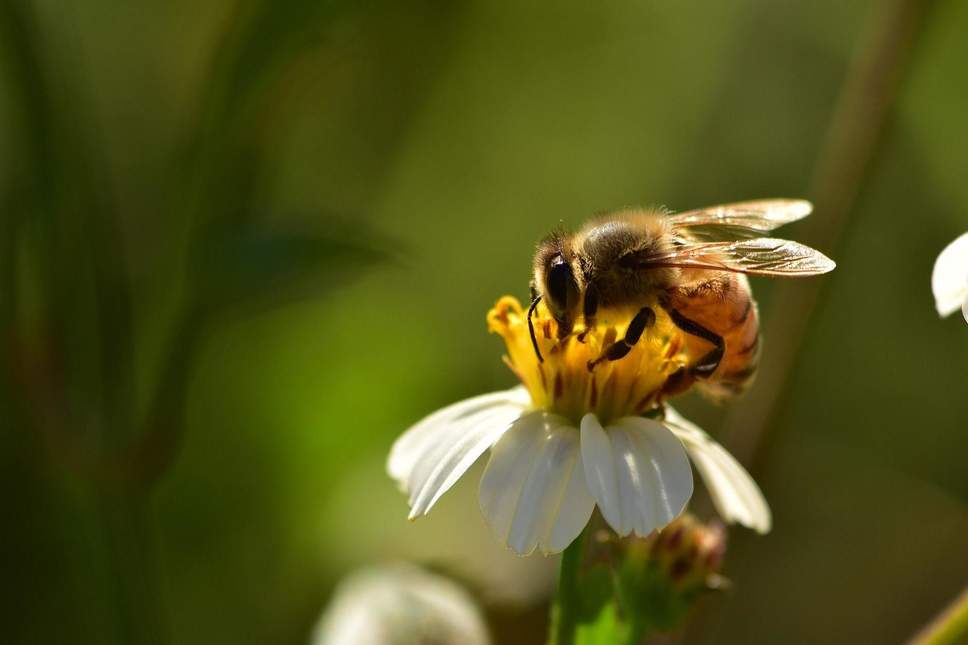
Geologists have discovered the first ancestor on the family tree that contains most animals today, including humans. The wormlike creature, Ikaria wariootia, is the earliest bilaterian.

A recent study shows that children should spend at least one hour playing and spending time in nature each day. Like that they demonstrate a remarkable increase in personal wellbeing and health.

A new beaked whale species Berardius minimus, which has been long postulated by local whalers in Hokkaido, Japan, has been confirmed.

The Italian fashion house will no longer use fur from next year, joining the list of fur-free brands.

Children who grow up with greener surroundings have up to 55 percent less risk of developing various mental disorders later in life. This is shown by a new study emphasizing the need for designing green and healthy cities for the future.

China and India, two of the world's biggest polluters, are making it leafier - for now, a report says. The greening effect stems mainly from ambitious tree-planting in China and intensive farming in both countries.

The revelation that even the miniature brain of a honeybee can grasp basic mathematical operations has implications for the future development of AI.

Foie gras, a traditional French delicacy, is controversial because of how it's made. Ducks and geese are force-fed grain through a tube that goes down the esophagus in order to fatten their livers.

The act will introduce a total ban on dealing in items containing elephant ivory, regardless of their age, within the UK, including export from or import to the UK.

Scientists in Germany have figured out a way to identify male eggs prior to hatching, which eliminates need for live culling.

The state of New Jersey has become the first in the United States to prohibit the use of wild and exotic animals by traveling shows and circuses.

Scientists found a yet unknown "supercolony" of more than 1.5 million Adélie penguins in the awesomely named Danger Islands, off of the Antarctic Peninsula’s northern tip.

Made from cells that were isolated from a cow and grown into a 3-D structure, the steak's creator, Aleph Farms, says it represents a benchmark in cellular meat production.

Chanel is the latest high-end fashion label to go cruelty-free. The luxury brand announced this week that it will ban furs and animal skins, including crocodile, lizard, snake, and stingray, from its collections.

Scientists have an imprecise understanding of the obscure phenomenon of mass whale strandings, when large numbers of the marine mammals suddenly beach themselves — often their final acts.